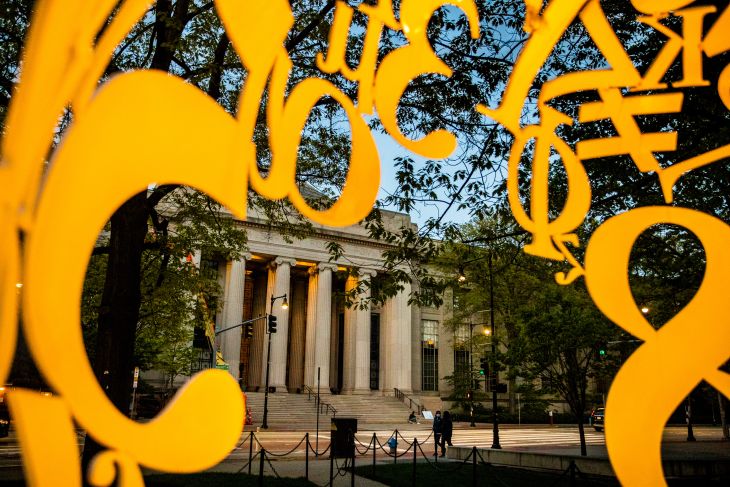Last summer, MIT President Sally Kornbluth and Provost Cynthia Barnhart issued a call for papers to “articulate effective roadmaps, policy recommendations, and calls for action across the broad domain of generative AI.” The response to the call far exceeded expectations with 75 proposals submitted. Of those, 27 proposals were selected for seed funding.
In light of this enthusiastic response, Kornbluth and Barnhart announced a second call for proposals this fall.
“The groundswell of interest and the caliber of the ideas overall made clear that a second round was in order,” they said in their email to MIT’s research community this fall. This second call for proposals resulted in 53 submissions.
Following the second call, the faculty committee from the first round considered the proposals and selected 16 proposals to receive exploratory funding. Co-authored by interdisciplinary teams of faculty and researchers affiliated with all five of the Institute’s schools and the MIT Schwarzman College of Computing, the proposals offer insights and perspectives on the potential impact and applications of generative AI across a broad range of topics and disciplines.
Each selected research group will receive between $50,000 and $70,000 to create 10-page impact papers. Those papers will be shared widely via a publication venue managed and hosted by the MIT Press under the auspices of the MIT Open Publishing Services program.
As with the first round of papers, Thomas Tull, a member of the MIT School of Engineering Dean’s Advisory Council and a former innovation scholar at the School of Engineering, contributed funding to support the effort.
The selected papers are:
- “A Road-map for End-to-end Privacy and Verifiability in Generative AI,” led by Alex Pentland, Srini Devadas, Lalana Kagal, and Vinod Vaikuntanathan;
- “A Virtuous Cycle: Generative AI and Discovery in the Physical Sciences,” led by Philip Harris and Phiala Shanahan;
- “Artificial Cambrian Intelligence: Generating New Forms of Visual Intelligence,” led by Ramesh Raskar and Tomaso A. Poggio;
- “Artificial Fictions and the Value of AI-Generated Art,” led by Justin Khoo;
- “GenAI for Improving Human-to-human Interactions with a Focus on Negotiations,” led by Lawrence Susskind and Samuel Dinnar;
- “Generative AI as a New Applications Platform and Ecosystem,” led by Michael Cusumano;
- “Generative AI for Cities: A Civic Engagement Playbook,” led by Sarah Williams, Sara Beery, and Eden Medina;
- “Generative AI for Textile Engineering: Advanced Materials from Heritage Lace Craft,” led by Svetlana V. Boriskina;
- “Generative AI Impact for Biomedical Innovation and Drug Discovery,” led by Manolis Kellis, Brad Pentelute, and Marinka Zitnik;
- “Impact of Generative AI on the Creative Economy,” led by Ashia Wilson and Dylan Hadfield-Menell;
- “Redefining Virtuosity: The Role of Generative AI in Live Music Performances,” led by Joseph A. Paradiso and Eran Egozy;
- “Reflection-based Learning with Generative AI,” led by Stefanie Mueller;
- “Robust and Reliable Systems for Generative AI,” led by Shafi Goldwasser, Yael Kalai, and Vinod Vaikuntanathan;
- “Supporting the Aging Population with Generative AI,” led by Pattie Maes;
- “The Science of Language in the Era of Generative AI,” led by Danny Fox, Yoon Kim, and Roger Levy; and
- “Visual Artists, Technological Shock, and Generative AI,” led by Caroline Jones and Huma Gupta.















